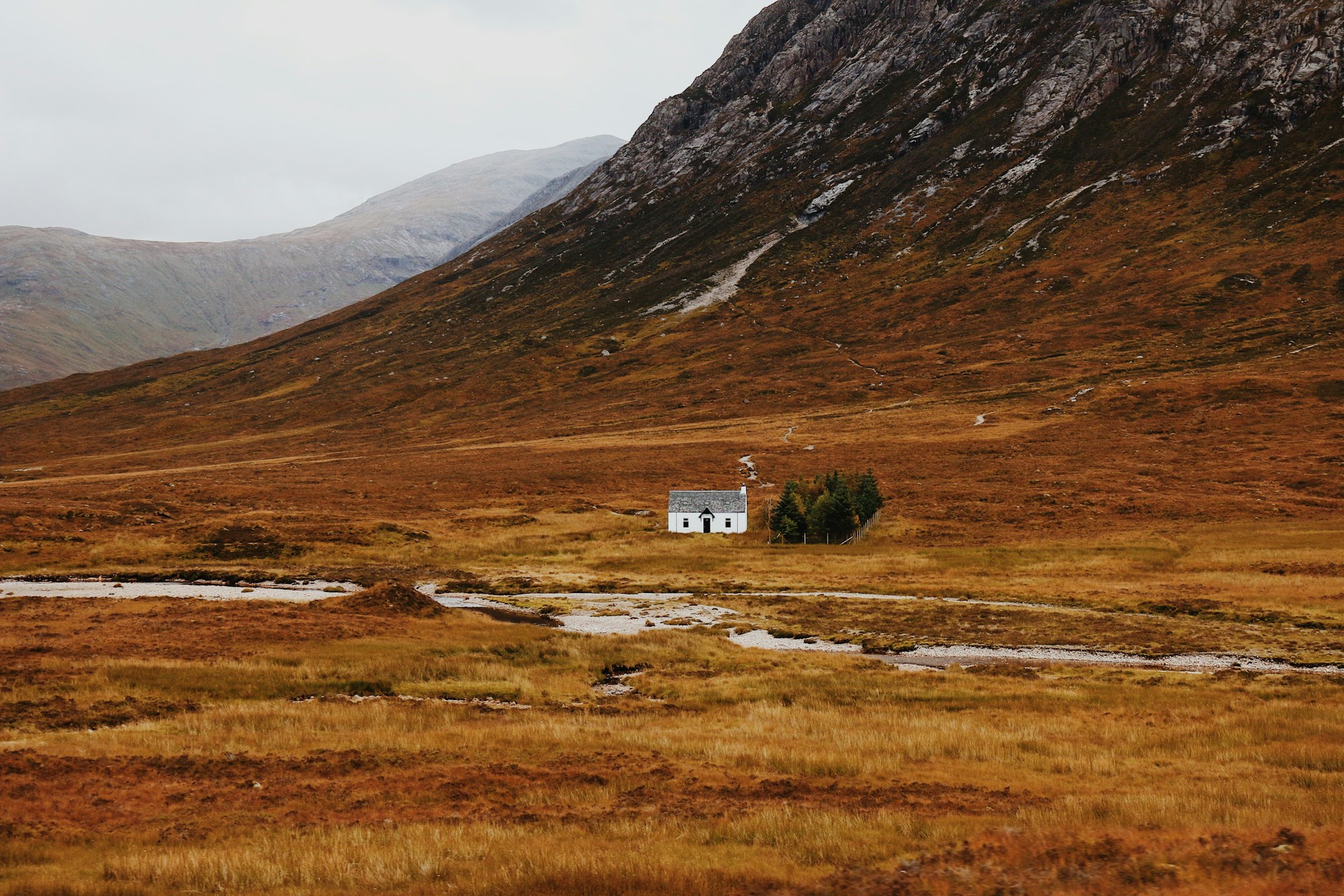Black’s Blog: More equitable land ownership can put future of rural housing on ‘solid ground’

Jimmy Black digs into the Scottish Land Commission’s new report, Community Land Scotland’s “Right to Live” and living on Solid Ground.
When Dougie MacLean sang “You cannot own the land, the land owns you”, he got it the wrong way round. You can own the land and do pretty much what you like with it, if you have enough money and a willing seller. And once you get your hands on some land, Article 17 of the Universal Declaration of Human Rights applies … “No one shall be arbitrarily deprived of his property.”
Sometimes human rights are unfairly shared out, particularly in rural areas where there is no land available for people to live and work in the communities where they were raised.
Simply taking land from uncooperative landowners is not really an option; but when we have a Scotland-wide housing crisis with rural areas in particular difficulties, we have to find ways of housing people.
Community Land Scotland (CLS) has been talking about a Right to Live in your community; the practicalities of that involve some radical measures such as “lotting” or splitting up large landholdings, discouraging the conversion of permanent homes to holiday homes, more community land ownership and much else. Community wealth building to enable local people to have the means to shape their communities is a big part of it. The “lotting” idea forms part of the Land Reform bill currently at Stage 1 in the Scottish Parliament, although CLS wants stronger measures.
The Scottish Land Commission’s latest report, featured in the Scottish Housing News Podcast, promotes the concept of Public Interest Led Development (PILD), applicable in regeneration schemes and larger projects where public bodies drive forward investment. Doing that could include buying and assembling land for development, putting in infrastructure and then splitting the site up for sale to a range of providers.
Bringing in rules to make Compulsory Purchase Orders more practical is suggested; but there is no intention to “arbitrarily deprive owners of property”. The Land Commission wants to see negotiated solutions which might involve tax breaks or other incentives. Making it viable for public bodies to use CPO powers would give landowners more reasons to cooperate.
It’s not just about private landowners. Various Government agencies own pots of land, including crofting estates and NHS sites. I remember being in St Andrews House trying to persuade an awkward civil servant that redundant police properties should be offered to local authorities for housing development. She threatened me with the Scottish Public Finance Manual, or some such book. The Scottish Land Commission say it’s acceptable to dispose of public land for less than the highest possible financial return, if you can unlock greater public benefit.
A national Land Agency on the same lines as those in England and Wales could also be an engine for change, and that’s one of the SLC report’s principal proposals.
Back to Dougie MacLean, who wrote the song “Solid Ground.” He expresses beautifully the emotional and practical connection between the land and our health, well-being and prosperity.
“It’s the land, it is our wisdom
It’s the land, it shines us through
It’s the land, it feeds our children
It’s the land, you cannot own the land, the land owns you”
Time we shared that land much more equitably, I suggest.
The Scottish Housing News Podcast is co-hosted by Kieran Findlay and Jimmy Black. All episodes are available here as well as on the following platforms:









